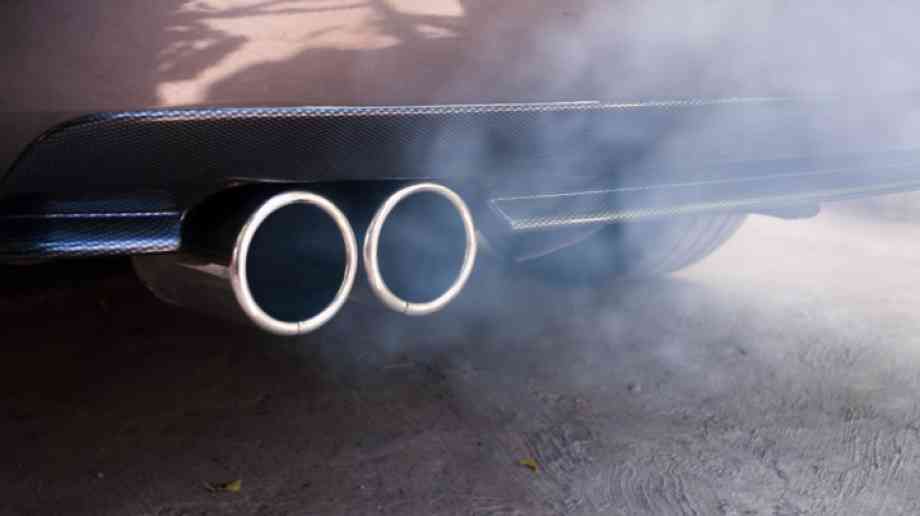Sue Robb of 4Children talks to Julie Laughton and Alison Britton from the Department for Education about the role of childminders in delivering the 30 hours free entitlement.
Air quality plans shifting burden on local authorities

The Chartered Institute of Environmental Health (CIEH) has accused the government’s air quality plans of ‘unfairly shifting’ the burden to solve the problem to local authorities.
Marking National Clean Air Day, the CIEH says that the government is choosing to ignore air quality as national issue, arguing that central government must take responsibility rather than ‘offload’ to local authorities, who ‘are being set-up for failure if the proposed plans are to go ahead’.
The environmental body also question the role of Clean Air Zones in solving air pollution issues, with trials for the zones only taking place in five UK cities, with no successful results shown as of yet, suggesting that the plans often lead to problem hotspots being relocated elsewhere.
The CIEH also argues that: expecting local authorities to create ‘novel and innovative solutions’ will lead to incoherent and inconsistent approaches to a national problem; the current benefit analysis fails to consider the burden on the NHS and the health implications on people and local communities; too much emphasis has been placed on reducing NO2 emissions, and not on particulate matter; and that achieving NO2 compliance needs to be separated from wider actions to improve air quality and achieve a zero emission economy.
The government should consider: reducing the number of vehicles on the road; removing tax incentives on diesel and transfering these incentives to Ultra Low Emission Vehicles; provide better incentives for sustainable travels plans; and provide appropriate levels of financial support to target areas where air pollution is highest and where the largest number of people are exposed.
Tony Lewis, head of policy at CIEH, said: “The government’s proposals are woefully inadequate to tackle air pollution and place far too much responsibility on the shoulders of our over-stretched local authorities. We stand on the cliff-edge of a national public health emergency and these plans are devoid of substantive proposals, timescales for addressing the key challenges, clarity around targets or even availability of resources to support necessary actions.
“Air pollution does not recognise boundaries. All regions, towns and cities and even rural areas are affected by air pollution, leading to thousands of premature deaths every year and contributing to major illnesses. Air pollution, therefore, costs businesses and the health care services billions annually. This is not a political issue. We urgently need the government to devise a robust plan, which should also include provisions for a new Clean Air Act, incorporating a national solution that is consistent, shares responsibility and ensures better funding – before it’s too late.”
Company Focus
The Isuzu D-Max is a rugged workhorse that can fulfil a myriad of purposes as both a business and personal vehicle. Consequently, the D-Max is a particularly popular choice when it comes to farming, construction, and trade industries. Uncompromising in nature, the D-Max strives to be the ideal companion for many business needs.
Event Diary
UKREiiF has quickly become a must-attend in the industry calendar for Government departments and local authorities.
The multi-award-winning UK Construction Week (UKCW), is the UK’s biggest trade event for the built environment that connects the whole supply chain to be the catalyst for growth and positive change in the industry.
Supplier Profiles
Geo Energy
At GeoEnergy Design, we're on a mission to disrupt the traditional way heating and cooling ha
Latest Features
Professor Harith Alani, director of the Knowledge Management Institute at the Open University explains how AI can be used for good and bad.
Alex Lawrence, head of health & social care, techUK sets out techUK’s Five Point Plan for CareTech.

















